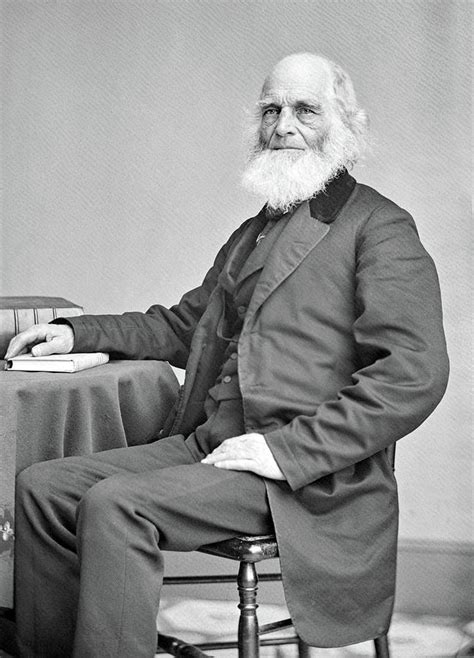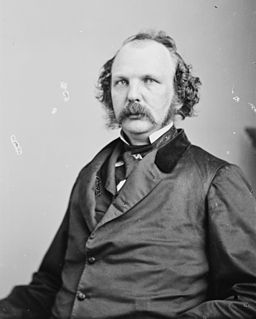A Quote by William C. Bryant
A melancholy sound is in the air,
A deep sigh in the distance, a shrill wail
Around my dwelling. 'Tis the Wind of night.
Related Quotes
Once more their weird laughter of the loons comes to my ear, the distance lends it a musical, melancholy sound. For a dangerous ledge off the lighthouse island floats in on the still air the gentle trolling of a warning bell as it swings on the rocking buoy; it might be tolling for the passing of summer and sweet weather with that persistent, pensive chime.
There was no wind; there was no passing shadow on the deep shade of the night; there was no noise. The city lay behind him, lighted here and there, and starry worlds were hidden by the masonry of spire and roof that hardly made out any shapes against the sky. Dark and lonely distance lay around him everywhere, and the clocks were faintly striking two.
What birds were they? (...) He listened to the cries: like the squeak of mice be- hind the wainscot : a shrill twofold note. But the notes were long and shrill and whirring, unlike the cry of vermin, falling a third or a fourth and trilled as the flying beaks clove the air. Their cry was shrill and clear and fine and falling like threads of silken light unwound from whirring spools.
But to Sam the evening deepened to darkness as he stood at the Haven; and as he looked at the grey sea he saw only a shadow in the waters that was soon lost in the West. There he stood far into the night, hearing only the sigh and murmur of the waves on the shores of Middle-Earth, and the sound of them sank deep into his heart.
The wind has a language, I would I could learn!
Sometimes 'tis soothing, and sometimes 'tis stern,
Sometimes it comes like a low sweet song,
And all things grow calm, as the sound floats along,
And the forest is lull'd by the dreamy strain,
And slumber sinks down on the wandering main,
And its crystal arms are folded in rest,
And the tall ship sleeps on its heaving breast.
Who gave you the ability to contemplate the beauty of the skies, the course of the sun, the round moon, the millions of stars, the harmony and rhythm that issue from the world as from a lyre, the return of the seasons, the alternation of the months, the demarcation of day and night, the fruits of the earth, the vastness of the air, the ceaseless motion of the waves, the sound of the wind?
A melancholy air can never be the right thing; what you want is a bored air. If you are melancholy, it must be because you want something, there is something in which you have not succeeded.
It is shewing your inferiority. If you are bored, on the other hand, it is the person who has tried in vain to please you who is inferior.







































